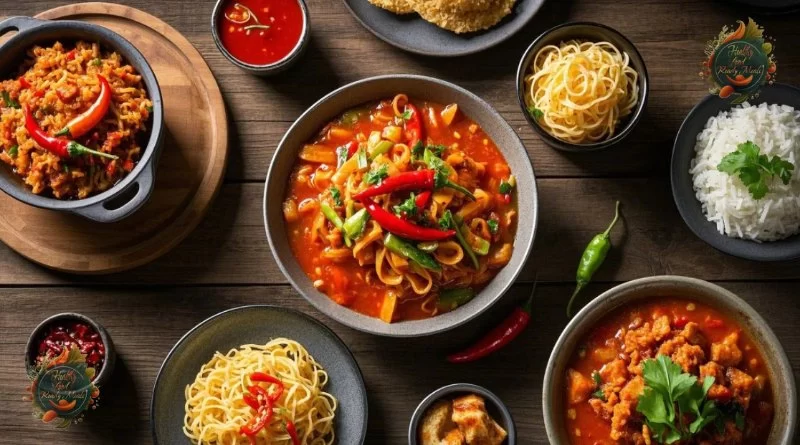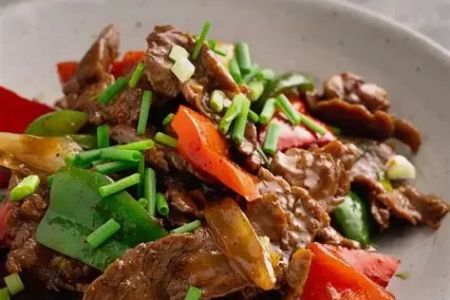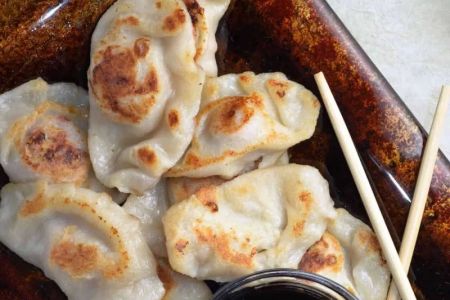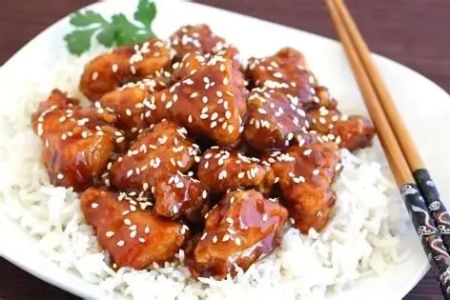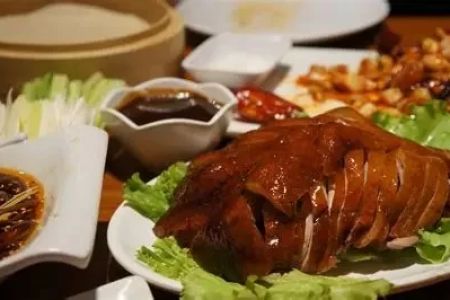- 1 - Spicy Food in Chinese Culture and Its American Appeal
- 2 - The Rise of Sichuan Flavors in America
- 3 - Our Top Restaurant Picks for Spicy Chinese Cuisine
- 4 - Stories from Diners Who Love the Heat
- 5 - Different Types of Spice in Chinese Cooking
- 6 - Tips for Handling the Heat Like a Pro
- 7 - Where to Find Products to Recreate Fiery Flavors at Home
1 - Spicy Food in Chinese Culture and Its American Appeal
Best Chinese restaurants for spicy food lovers in America: our top picks for fiery flavors must begin with the roots of spice in Chinese culinary traditions. Regions like Sichuan, Hunan, and Chongqing are famous for their bold use of chili peppers, garlic, and numbing Sichuan peppercorns. When Chinese immigrants introduced these dishes to the U.S., they quickly captured the attention of adventurous eaters seeking more than the standard sweet-and-sour fare. Today, spicy Chinese cuisine is not only popular but also celebrated for its balance of heat, aroma, and flavor complexity.
2 - The Rise of Sichuan Flavors in America
Sichuan food, with its “mala” (numbing and spicy) profile, has become a superstar in the American dining scene. Restaurants specializing in dishes like mapo tofu, dan dan noodles, and Chongqing spicy chicken are popping up in major cities from New York to Los Angeles. Food bloggers and TV shows frequently highlight fiery Sichuan hotpots, drawing long lines of spice lovers. This cultural shift shows how American palates have evolved to embrace stronger flavors once considered too intense.
3 - Our Top Restaurant Picks for Spicy Chinese Cuisine
Across the U.S., certain restaurants stand out for their dedication to authentic fiery flavors. In New York, eateries in Flushing are known for sizzling hotpots and stir-fries that rival those in Chengdu. Chicago’s Chinatown offers Hunan-style restaurants where chili peppers dominate the plate. Meanwhile, San Francisco boasts Sichuan specialists serving tongue-tingling peppercorn broths. These restaurants don’t just deliver spice—they deliver authenticity, ensuring diners experience the true essence of Chinese heat-driven cooking.
4 - Stories from Diners Who Love the Heat
I once joined a group of friends at a Sichuan hotpot restaurant in Los Angeles. We ordered the spiciest broth, thinking we could handle it. Within minutes, the table was filled with laughter, tears, and plenty of sweating as the peppercorns left our mouths tingling. A viral TikTok challenge even had people daring each other to finish bowls of fiery noodles in under five minutes, proving just how much fun—and pain—spicy food can bring. These shared experiences turn meals into memorable stories.
5 - Different Types of Spice in Chinese Cooking
Not all spice is the same. Sichuan peppercorns create a numbing sensation, while dried chilies provide a slow, smoky heat. Hunan cuisine emphasizes fresh chili peppers for a sharp, clean burn. Even in American adaptations, chefs experiment with jalapeños or habaneros for added flair. Understanding these different kinds of spice helps diners appreciate the artistry behind each fiery dish rather than simply labeling them all as “spicy.”
6 - Tips for Handling the Heat Like a Pro
For those who love fiery food but struggle with intensity, there are ways to manage it. Pair spicy dishes with rice to absorb heat, or drink milk tea to soothe your tongue. Start with mild dishes like kung pao chicken before diving into heavy chili-laden hotpots. Over time, your spice tolerance will increase, making each dining experience even more enjoyable. Seasoned spice lovers often describe the thrill as addictive, with the heat elevating every bite.
7 - Where to Find Products to Recreate Fiery Flavors at Home
If dining out isn’t enough, recreating spicy Chinese dishes at home is possible with the right ingredients. At Chinese Food, you can find Sichuan peppercorns, chili oils, dried chilies, and specialty sauces that bring restaurant-level spice into your own kitchen. With authentic products, home cooks can enjoy the same fiery flavors that define America’s best Chinese restaurants.


